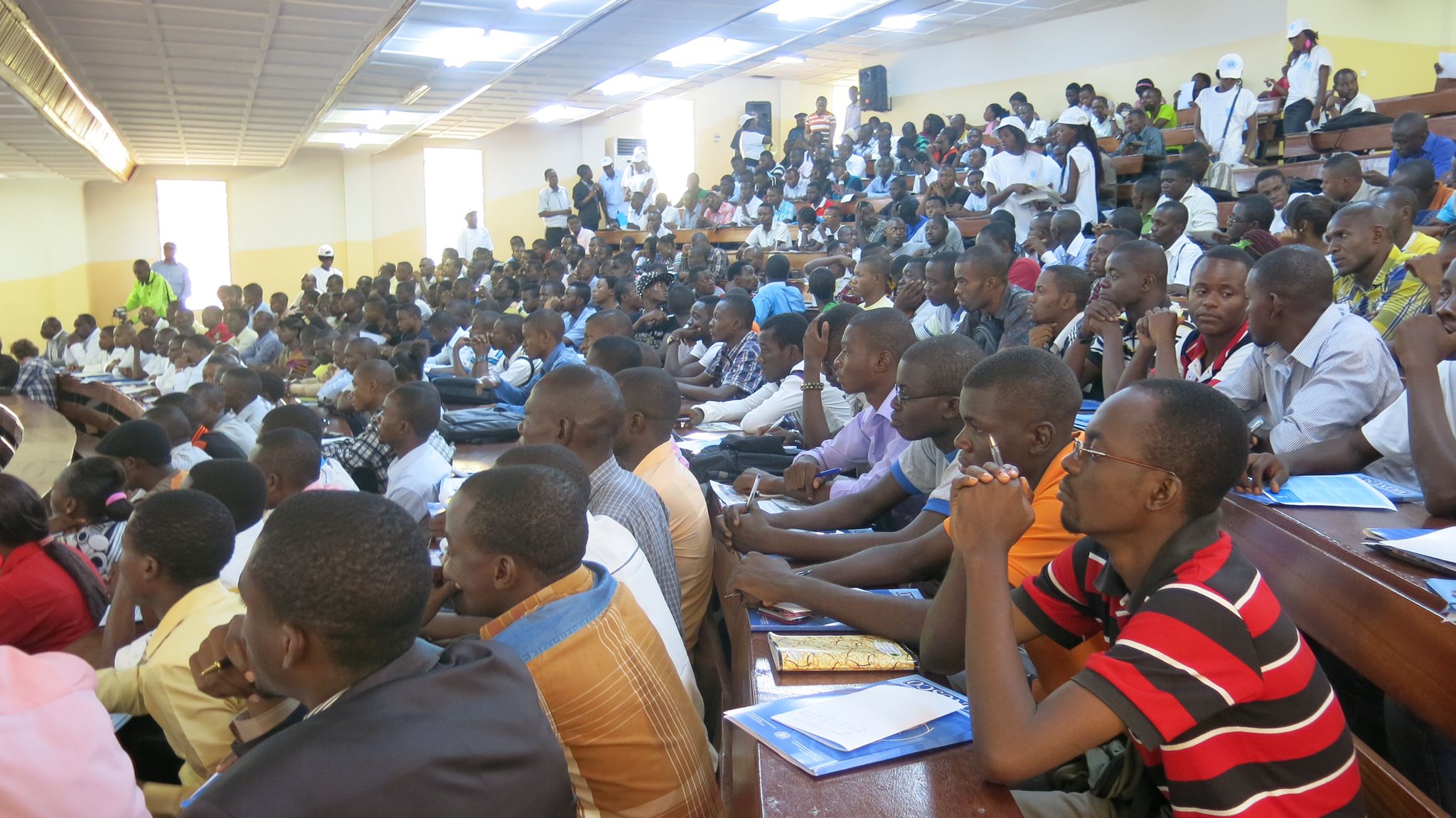Congolese Youth: Between Political Self-Interest and hopelessness
Author: Polycarpe okolongo
In Democratic Republic of the Congo (DRC) where youth ages from 16 to 30 make up more than 60% of the population, young people of DRC are in a difficult position of disappointment and resilience. Youth of the DRC face soaring unemployment rates, likely around 70%, despite the country's ample natural resources. This hopelessness is made worse by the political leaders who have chosen self-interest and self-reliance rather than development of the country, which leaves youth feeling abandoned.
Politicians in DRC use power to enrich personal capital by pursuing self-interest political strategies instead of national development. In the Corruption Perceptions Index conducted by Transparency International, Democratic Republic of Congo ranks near the bottom of the perceived corruption index scale. The elite political class employs a myriad of corruption mechanisms at every level of government, which remove opportunities for the youth to build civil change through active economic participation. The political elite continue to pull national resources from initiatives that could have long-term public benefits, such as education and employment policies, engaging instead in the political use of tribal power and personal crimes against financial resources; leading to further poverty and hopelessness.
DRC’s education system, produces mor e than 40,000 new graduates every year, but youth are not equipped with academic and skills training that could foster those graduates for local and lucrative employment opportunities. Most graduate's youth struggles to find employment as most of them have no access to vocational training or related opportunities for entrepreneurship. Youth on average work in a transitional economy dominated by informal economic opportunities, most of which are short-term precarious jobs with limited employment security and no record of employment benefits that hardly relieve the economic burdens placed on youth.
In addition, youth challenges are not seen with any political will toward solutions in the DRC. In most cases youth voices are eliminated from the decision-making process. If youth find an opportunity to engage with politics, they will be met with illegal repression with unfortunate consequences. This disassociation does not promote confidence to become socially engaged, but only breeds apathy, isolation, social fragmentation for a country they were born. Despite many hardships facing them, Congolese youth are remarkably resilient and still have a desire to embrace change. Local grassroots organizations and cultural engagements like Yolé! Africa, encourage, empower, and give voice to youth who often feel limited to transform their lives and engage the social contract for peace and development. These projects and solutions are good, but they are only viable with the support of legitimate national "leaders" and the continued attention of the international community to enact change.
In short, youth in Democratic Republic of Congo are troubled, and youth loneliness is a portrait of a broken system within DRC. Resolving youth problems must respond to multilayered perils such as corruption, the education system and opportunities for political participation. Thus, only collective efforts can unify and utilize the potential and transformative power of youth in DRC for their development.
